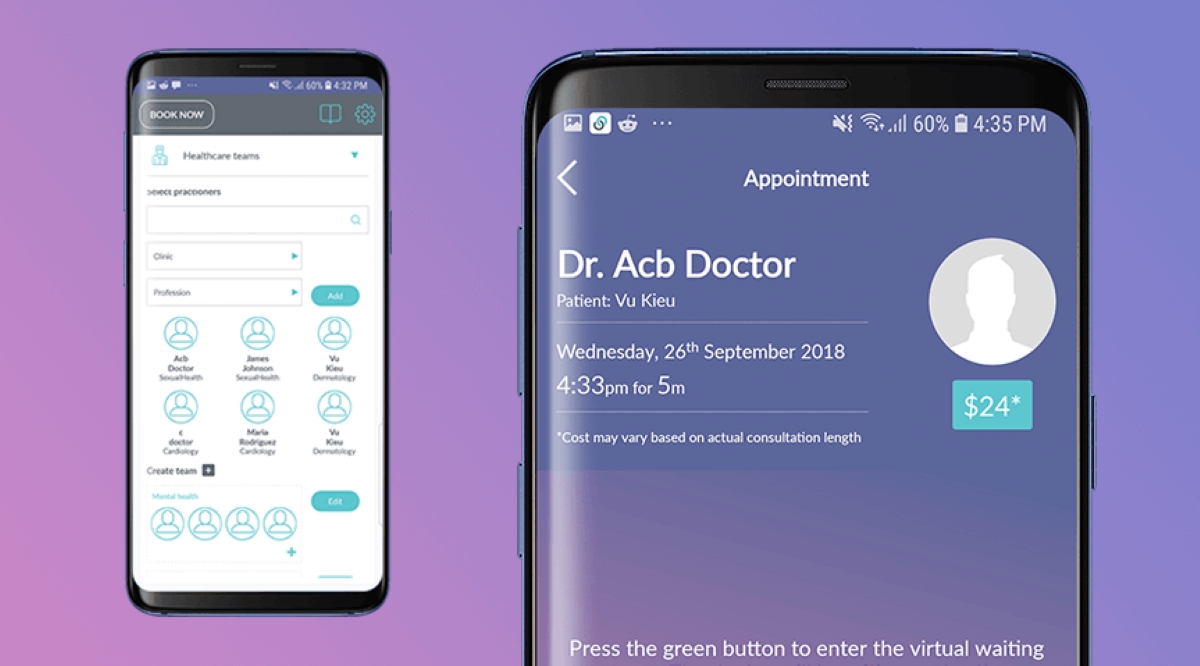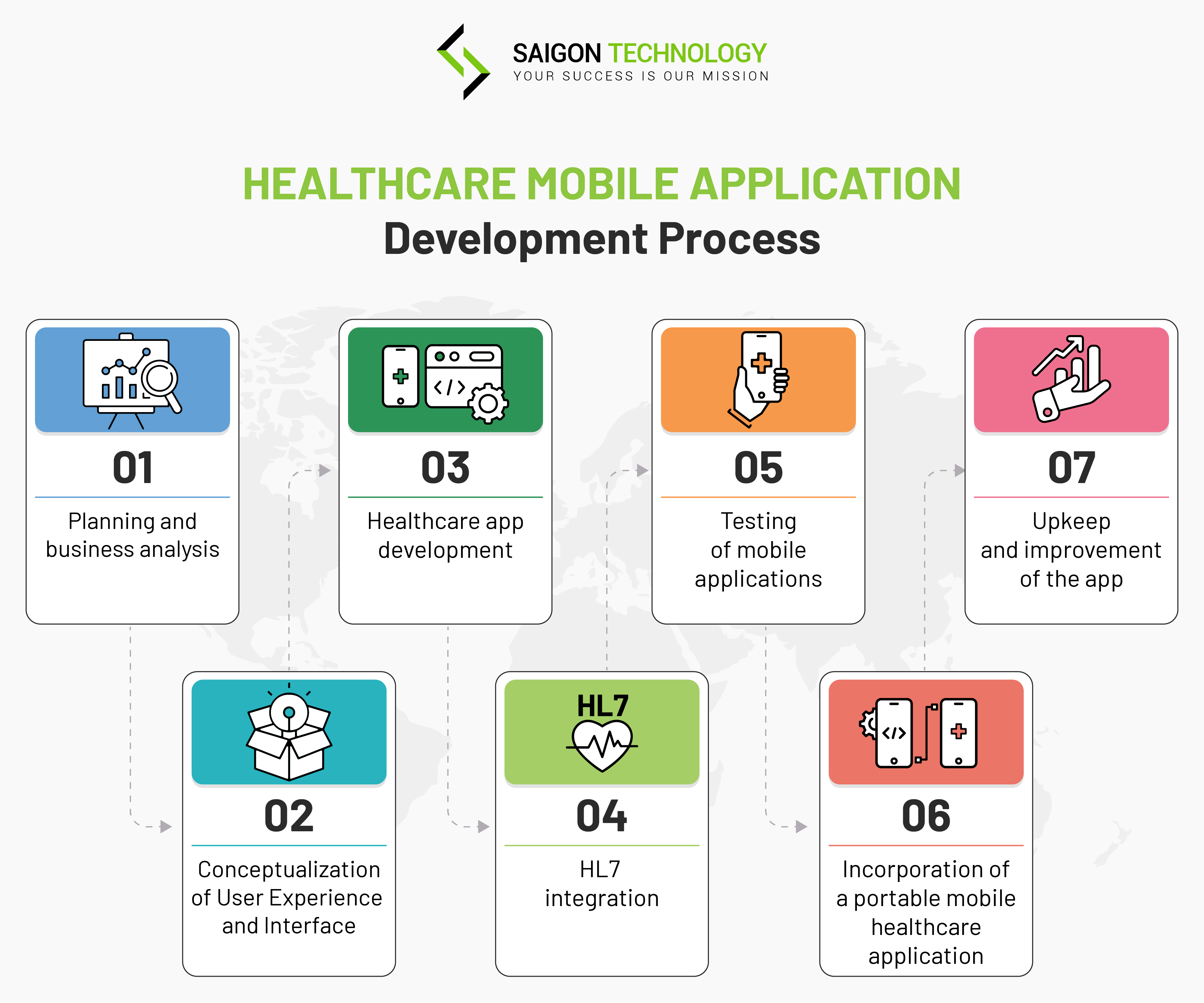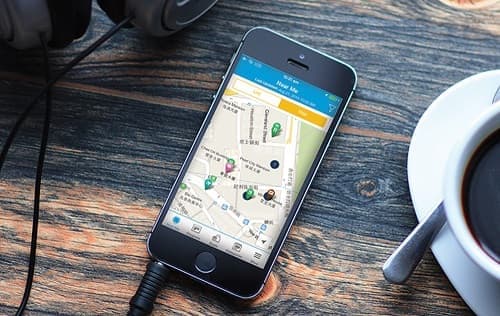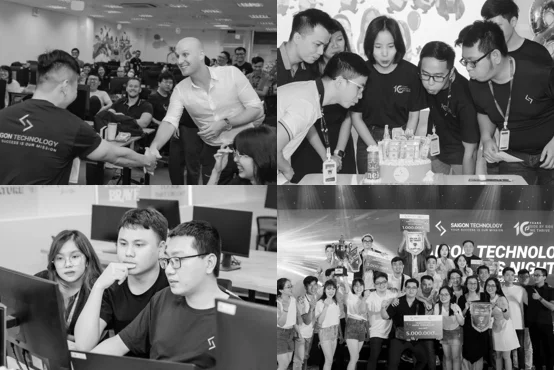Healthcare App Development: 11 Critical Factors


These days, everything is pretty much found online. With a touch of the screen, people have access to anything that they could wish for. However, one of the areas that are struggling with mobility is healthcare provision.
Currently, there is still a need to vastly improve healthcare app development. Truth be told, the costs of healthcare mobility are still high, so a healthcare app development company is often faced with the challenge to deliver services that are easier for society to afford. Thankfully, these days, the technologies developed through the continued growth of mobile communications make it possible to deliver cost-effective but improved services.
With the growth of app development and the possibility of the sale of apps, a healthcare app development company has several chances to be heard and enter the market easily. In fact, it has been estimated that over 1.7 billion users will have mobile health apps on their phones by 2017. This creates a huge opportunity for businesses to enter into the medical device industry through innovative healthcare app development.
What is Healthcare App Development?
Healthcare apps have become a solution that benefits all parties involved (Doctors, Patients, Nurses, Pharmacies, etc.) and is available from any place - at any time to utilize effectively. Thus, accuracy, promptness, and constant technological improvement are hallmarks of healthcare app development, all of which serve to enhance the overall user experience.
Mobile healthcare app development refers to a process of design and development of apps that allow users to report and track their health concerns in real time. These issues may be a disease, health condition, nutrition, or exercise that is unique to each user. Of course, since each person's health situation is unique, healthcare app development requires personalisation as well as the capacity to update users' information virtually continually.
There are no longer large and convoluted volumes, nor do testing or onerous medical records exist. Today, m-healthcare app development has made significant advances in the health care business, not only in medical examination and treatment, but also in monitoring, measurement, and identification of outcomes from physical activities.
► Learn more: Case study of Healthcare App Development
Types of Healthcare Apps
-
Expert-Level Answers for Doctors
Technology has advanced to the point that physicians can keep tabs on their patients' health from afar using a variety of healthcare apps. The overarching goal is to facilitate smoother workflows for healthcare organizations and private physicians.
Typical Operational Model: Healthcare app development uses a system that is both varied and intricate.It's possible to break down into the following parts:
- Networking databases (clinical and patient communication)
- Medical record keeping system
- A Timetable for Doctors
- Health care treatment
- Health risks monitoring
-
Patient-Centered Answers
Since healthcare mobile apps provide services, users can now interact with Effectively with Physicians, schedule a health check, pay hospital fees ... and many other utilities. Users may communicate health data with physicians through their smartphones and wearable devices, which optimizes the accessibility, speed, and accuracy.
Typical Operational Model: These programs are designed with the patient in mind and operate from that vantage point. And similar to Answers for Doctors, Patient-classed Answers will often have the necessary functions:
- Integrated patient schedule & doctor's schedule
- Notes on prescriptions, note
- Monitor BMI and exercise levels
- Related warnings
Use Cases for a Healthcare App
-
Electronic Health Record (EHR)
Having the function of storing and organizing reports and records of health status, EHR is a typical use case when it comes to healthcare mobility solutions. These systems enable the centralization of an individual's medical records, facilitating their systematic monitoring, storage, revision, and collection.
-
Telehealth & Telemedicine
The COVID-19 outbreak and subsequent social isolation have contributed to the surge in popularity of different types of healthcare app. Individuals need to care about their health and need more remote self-care advice. Hence, there is a growing need for doctor-patient interactions to be conducted remotely, using telehealth and telemedicine platforms.
-
Health Informational Exchange (HIE)
Accurate diagnosis is an important premise of the ongoing health and well-being of patients. And that's why, HIE is focused on by healthcare app developers. The HIE system enables the rapid and simple measurement of a patient's essential signs. From there, patients can receive timely feedback from doctors.
► Learn more: The Superior Mobile App Development Services We Offer
Typical Successful Healthcare Apps for Patients
-
Minmed Telehealth
Saigon Technology's Minmed Telehealth is a pioneering healthcare app solution in the field of telemedicine. This initiative targets audiences above the age of 19, with a focus on the mobile healthcare app market. Minmed Telehealth is a software product that is easy to use, efficient, and accurate in its interface and in its actual functionality. It addresses several unmet needs in the realm of health improvement, including the tracking of exercise, diet, and doctor's office visits..
-
Siilo
With Siilo, rapidly and securely share patients and procedures with colleagues and peers via rich media messaging or voice and video chatting without disrupting processes. In order to better assist their patients, healthcare practitioners are increasingly turning to social media platforms like Facebook, Twitter, and Instagram for safe two-way communication.
-
Microsoft HealthVault
As the name implies, this healthcare app solution creates a safe place for users to maintain their medical data and ensures that they are always current and accurate. Only doctors and close relatives and friends may see this information. As such, it is also possible to use this as a glucose monitor, blood pressure monitor, or oxygen saturation monitor.
-
Better Health
Better Health is one of the healthcare applications that has a positive effect on the users' physical and mental well-being. When individuals sign up for Better Health, they have access to mental health specialists and online clinicians. Online therapy sessions with over 300 qualified and certified clinicians are available to patients through text messaging and video conferences, addressing a broad range of issues from depression to couples counseling.
-
MyFitnessPal
Regarding the tracking and recording of physical activity metrics, MyFitnessPal is a standout product in the mobile healthcare app market because of its modernity and dynamism. Specifically, it's a go-to app for keeping track of one's dietary intake, gaining insight into one's eating patterns, and establishing a foundation for reaching one's fitness objectives.
-
dminder
An innovative app in the mobile healthcare app market about reminding users to take vitamins. Specifically, the software takes into account your location to determine the optimal time to go outdoors and soak up some rays. Tracking your time in the sun will alert you when you need to seek shade to prevent sunburn. It can calculate how much IU (International Units) of vitamin D you've taken in for the day.
-
WebMD Baby
Use the free WebMD Baby app for Android or iOS to keep up with your baby's care. WebMD Baby addresses four aspects of care: nutrition, rest, hygiene, and development. This app is a one-stop-shop for everything a new parent may need, from tracking baby's growth to planning out feedings in advance.
Healthcare Mobile Application Development Process
It is important for developers working in the healthcare industry to prioritize client satisfaction by prioritizing the delivery of the significant useful, secure mobile healthcare application. Saigon Technology team of healthcare mobile app developers always follow the mature process from the first step to the last step:

-
Planning and business analysis
Specify the features of a telemedicine app, the scope of the project, and the specific strategy for delivering the mobile healthcare application after analyzing the users’ needs.
-
Conceptualization of user experience and interface
The goal is to draw a clear flowchart of the doctor and patient interactions and keep the interface as user-friendly as possible.
-
Healthcare app development
As a backbone of the whole process, development on both the front and back ends will include coding mainly to build both the client and server sides of the application using an iterative methodology (the development process is split into 2-4 week iterations).
In about two to four months, our healthcare app developers can provide a minimum viable product (MVP).
-
HL7 integration
Health Level Seven (HL7) is a set of rules and regulations for data transmission and exchange among healthcare providers.
In addition, other standards such as EHR/EMR, RIS (radiology information system), LIS (laboratory information system), RCM (revenue cycle management), and others will also be integrated to maintain harmony between the mobile healthcare application and the healthcare system's internal infrastructure.
-
Testing of mobile applications
In order to find bugs in mobile health applications, guarantee patient data security, improve usability, and adhere to rules set by the healthcare sector, our quality control engineers will conduct the necessary testing tasks as thoroughly as possible.
-
Incorporation of a portable mobile healthcare application
To introduce a mobile medical application into a healthcare provider's or software manufacturer's internal network.
-
Upkeep and improvement of the app
The objective of this step is to keep the medical app running smoothly by fixing issues, adding new features aimed at both patients and doctors, and generally keeping it up-to-date with user input.
11 Factors to Consider in Healthcare App Development
Now, it may seem that creating healthcare apps is very similar to regular app development, but there are some critical factors that need to be considered. Below are 11 critical factors that should be thought of before simply putting an app into the stores.
-
Patient Privacy
Privacy is important in most mobile applications, but the privacy of patient information in healthcare apps is extremely important. One cannot stress its importance hard enough. So it is a MUST to learn about several policies for the targeted audience. For instance, in the United States, the HIPAA or Health Insurance Portability and Accountability Act requires that developers prevent unauthorized access to “Protected Health Information.”
-
Know The Audience
Healthcare mobile apps should be consumer-driven, so there is a need to employ patient engagement efforts as well as satisfaction surveys in order to listen to what the public once. Too often, things end up wherein the development companies designed the app thinking that they knew what the patients want from their app.
-
Simple, Scalable, and Sustainable Designs
Much thought must be put into the design of the application. Ideally, it should be in modules so that when it is time for upgrades, software developers can easily modify areas that need improvement and then put them back into the framework – given that these are not major changes into the infrastructure.
-
Identify a Problem to be Solved
A successful app is something that is going to help solve a problem patients have. For example, creating an app that provides the user with patient portal information is useful, but does not necessarily have added value. Now, if the app helps users on the go to access basic functions such as scheduling, providing information on patient flow in hospitals, then it becomes very useful for the patient.
-
Information Reliability and Accuracy
Medical-related applications have a huge burden to carry in terms of reliability and accuracy. Since this deals with the health and mostly lives of its users, there is a need to have a high degree of accuracy especially when performing tests, providing data, and results. Accuracy is extremely important in times when monitoring the health patterns of the patient, as well as automatically detecting symptoms and response to emergencies.
► Learn more: ISO-Certified Mobile App Development Company
-
Location Tracking
For applications that enable tracking, it is critical to ensure that provisions to track their locations are put in place. The more detailed, the better. This is essential so that the information relayed can help aid the resources to mobilize when in critical conditions. Plus, health monitoring during changes in the climate would be useful for doctors.
-
Analytics Should be in Place
The app must contain analytics features in order to help doctors keep an eye on the health history of the patient. The information needs to be available at any time in order to predict the receptiveness of the patient to diseases. This is especially important for cases with critical conditions.
-
Ease of Configuration
Another factor to consider when creating a healthcare application is the ease of configuration. It should not be too complicated to use, so that it is easily handled by all kinds of users, from patients to doctors. As much as possible, the application should run on commonly used devices, and less with complicated software. That way, patients are convinced and encouraged to continue using the app.
-
Development Considerations and Regulation
Due to the many events involving medical devices and applications that end in death, medical devices and applications are regulated. Here are some considerations that help ensure that the device and applications are secure:
- The healthcare app development lifecycle must comply with IEC/EN62304 requirements. Although there is a standard for applying different methodologies, in healthcare development, standard commercial methods will not suffice.
- For engineering, for example, it is IEC62366. This goes hand in hand with the understanding of what the needs are of the user. Understand how to apply risk management by complying with standards.
-
Accessibility
Another factor that needs to be considered is making the app easy to download. Otherwise, it will go unused. There are several ways to distribute apps, but a healthcare app development company could make a single critical app that has a defined user group that is targeted via download link and comes with policies, and it would be successful.
-
Understanding Healthcare Apps
Healthcare apps have become rather important and crucial when it comes to promoting healthy lifestyles, daily fitness, and instant access to medical applications. It is not only helpful for patients, but doctors are also finding these applications to be useful in terms of eliminating possible shortcomings, excessive medical expenses, and providing quick fixes. In addition, these apps give hope when it helps speed up diagnosis, which in turn reduces the number of consultations.
Healthcare Mobile App Development Services by Saigon Technology
Healthcare mobile app development |
Healthcare mobile app consulting & supporting |
|
|
- As a leading Vietnamese software development outsourcing company at Saigon Technology, we dedicate ourselves to your success by following our philosophy: Your success is our mission.
- Learn more: Mobile App Development Services at Saigon Technology







